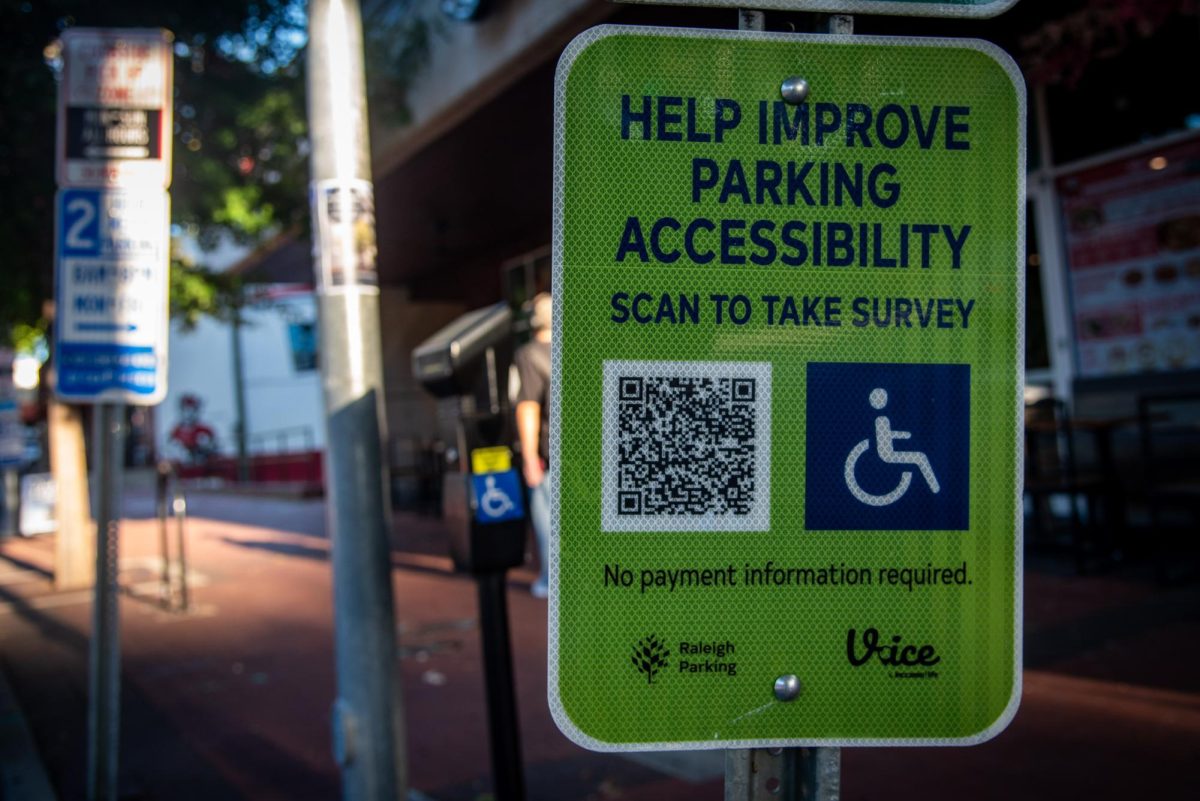At N.C. State University, a prospective student must choose a college and major for which to apply. Of course, to do this means the student must already know what field of study and possibly what career he or she would like to pursue.
Many students, however, are not sure about their interests, academic strengths and futures. Or they choose a major and find out it’s not what they thought it was. These students will almost certainly have to deal with the intra-campus transfer process. One of the major problems with the process is that the requirements to matriculate into many colleges are harder for transfer students than they are for unmatriculated students already in the major.
For example, in order to matriculate into the political science program, a transfer student with a grade point average between 2.5 and 2.99 must complete at least six credit hours of political science courses with a B- or better. Meanwhile, a student already in the political science program needs only a C- or better and a GPA of 2.0 or above.
With the end of the year just around the corner, many students have had to deal with their academic advisors – we all know how that goes. Through many conversations and personal experiences, I have learned that academic advisors are generally associated with frustration and inadequacy among the student population.
On most accounts, they are equally unsatisfactory with regards to intra-campus transfer assistance. I am on my third advisor, and am finally getting adequate help with transferring my major. After that process is done, I will be given a new – and hopefully my last – advisor.
Needless to say, the whole process is inefficient, time consuming and frustrating. Most advisors, at least from what I gather, are not very helpful. They may or may not be personable, but to most advisors, helping students seems to be just another obligation. However, this is not the case with all advisors. My current advisor is great.
He’s helpful, knowledgeable and actually remembers my name every time I come by. But before him, there were two others whose inadequate advising succeeded only in creating confusing and adding another year to my stay here at school.
So what must officials do to correct this decrepit system? For starters, make it fair. A student should not be punished for changing his or her mind.
The requirements should not be different for transfer students to matriculate than they are for in-program students. It makes no sense for the transfer to be harder than necessary. It only succeeds in averting students from pursuing a new major they may enjoy more or be better suited for.
Secondly, if students knew more about the majors they first sign up for, there would be fewer transfer students to deal with. There should be a program that explains to future students the differences between and aspects of each major offered at N.C. State. The future jobs each major can lead to should, likewise, be explained before majors are chosen.
Finally, we need a more hands-on advising program. Students don’t get enough individual attention when it comes to advising. When I went to my advisor and said I wanted to change majors, she gave me a slip of paper and told me I had a new advisor now. There was nothing personal. A more humanistic approach is needed to help students, not only with transferring, but with their whole academic careers.




